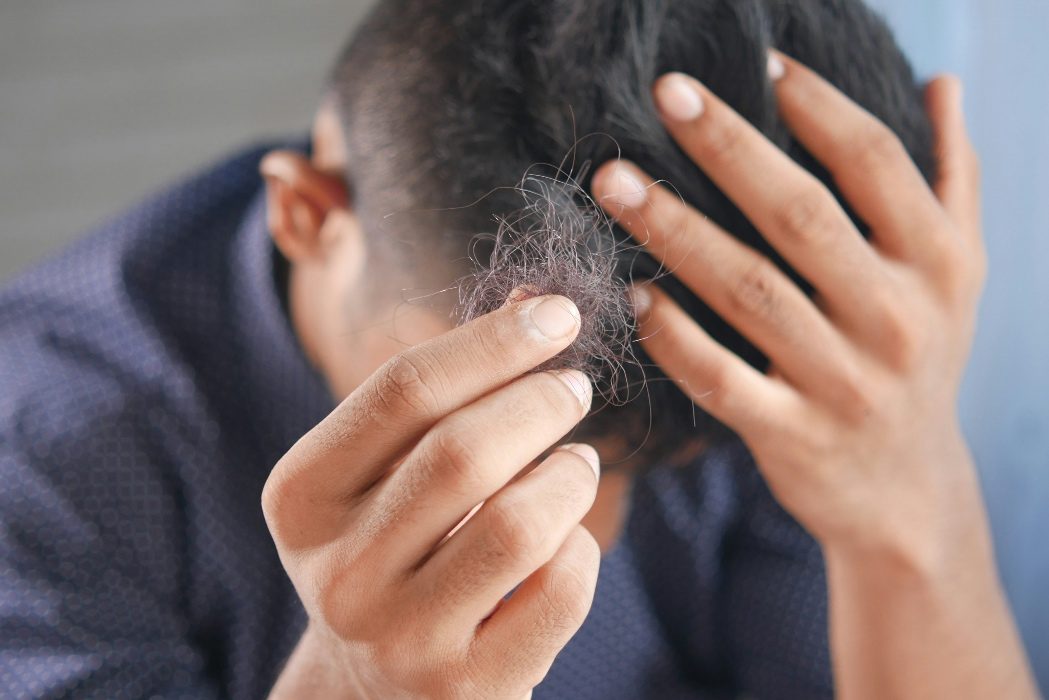Understanding Hair Loss and Balding: A Comprehensive Overview
Hair loss, also known as alopecia, is a condition that involves the shedding of hair beyond the normal hair growth cycle. Typically, it's normal to lose between 50 and 100 hairs daily as part of this cycle, where 90% of scalp hair grows for 2-6 years before entering a dormant phase for 2-6 months. After this rest period, those hairs fall out, and new hair emerges from the follicles.
However, when hair loss becomes noticeable and leads to thinning, it's considered abnormal and primarily a cosmetic concern rather than a health threat. Despite its non-threatening nature to physical health, hair thinning and loss can significantly impact emotional well-being and self-esteem.
Causes of Hair Loss
Hair loss can stem from various factors, including:
Ageing
Genetic factors
Thyroid imbalances
Eating disorders
Illnesses
Hormonal changes due to birth control pills, pregnancy, or menopause
Certain medications, including those for cholesterol, Parkinson's disease, ulcers, arthritis, seizures, depression, and more
Androgenetic Alopecia (AGA), a hereditary condition, is the most common cause of hair loss. It involves the shrinkage of hair follicles, leading to progressively thinner and shorter hair until growth ceases. High levels of dihydrotestosterone (DHT), a testosterone metabolite, are often associated with AGA.
Other factors contributing to hair loss include harsh cosmetic products, tight hairstyles, and chemotherapy.
Types of Hair Loss
Hair loss and balding are widespread issues affecting millions globally. The causes vary widely, from genetic factors to stress-induced shedding. Understanding the diverse types of hair loss and available solutions is crucial for those grappling with this concern.
Unfortunately, there is no single ‘cure’ for baldness. For the best results in the prevention, it is essential that abnormal hair loss is identified at its early stages and to then combine conventional treatments with nutritional supplements and a healthy diet. The importance of early management can’t be overstated. Once balding occurs, no new hair will grow, and the situation can’t be reversed.
Type | Description |
|---|---|
Male Pattern Baldness (Androgenic Alopecia) | Predominantly affecting men, this condition results from ageing, genetic predispositions, and excess testosterone derivatives. It typically starts at the temples and can lead to a distinctive "M" shaped hairline. |
Female Pattern Baldness | Characterised by diffused hair thinning, this condition is influenced by age, genetics, and hormone levels. It rarely leads to complete baldness but can result in a significant thinning of scalp hair. |
Telogen Effluvium | A temporary condition where a large percentage of hair enters the dormant phase, leading to notable hair loss. It can be triggered by illness, stress, pregnancy, or hormonal changes. |
Alopecia Areata | An autoimmune condition that attacks hair follicles, causing round, smooth bald patches on the scalp. Its progression is unpredictable, often beginning in childhood. |
Trichotillomania | A psychological impulse control disorder in which individuals pull out their hair, leading to noticeable hair loss. This condition is more common in children and women. |
Scarring Alopecia | This irreversible condition results from severe skin damage that destroys hair follicles, often due to burns, injuries, or specific treatments. |
